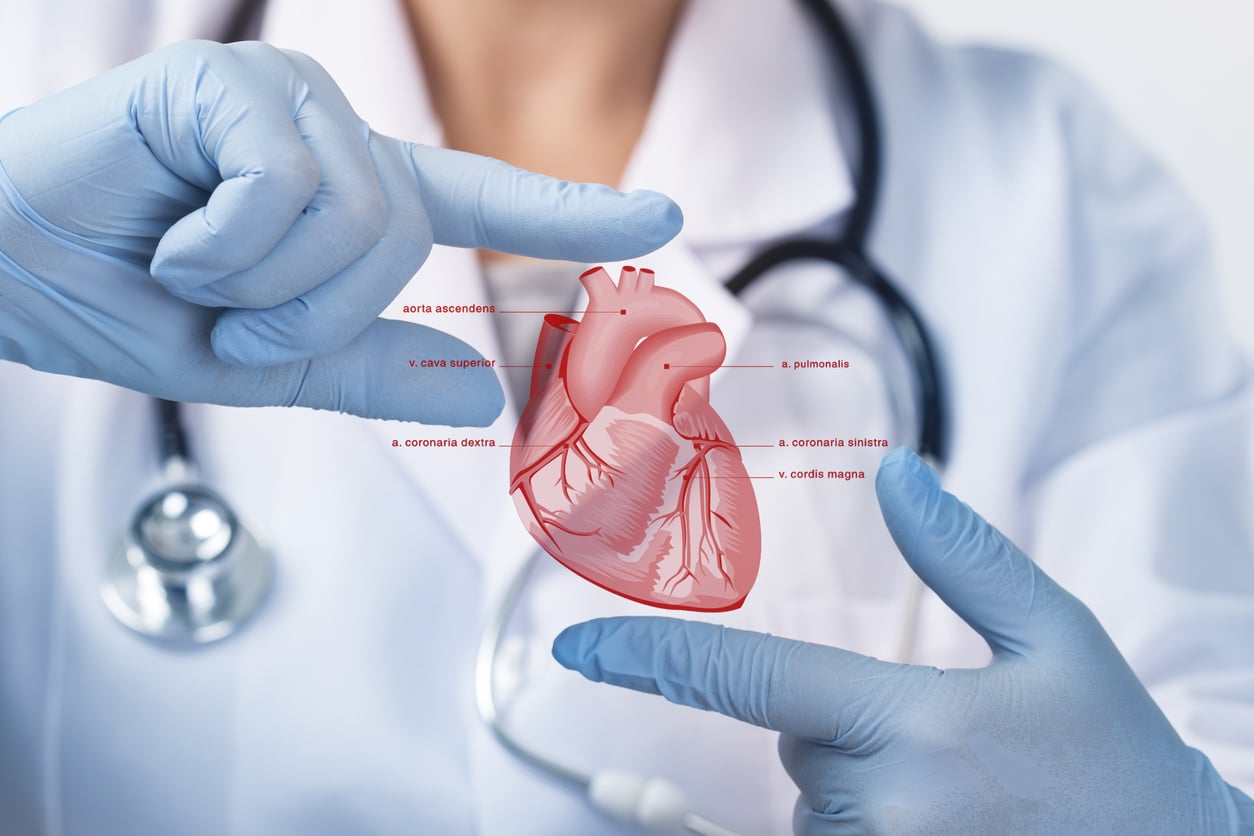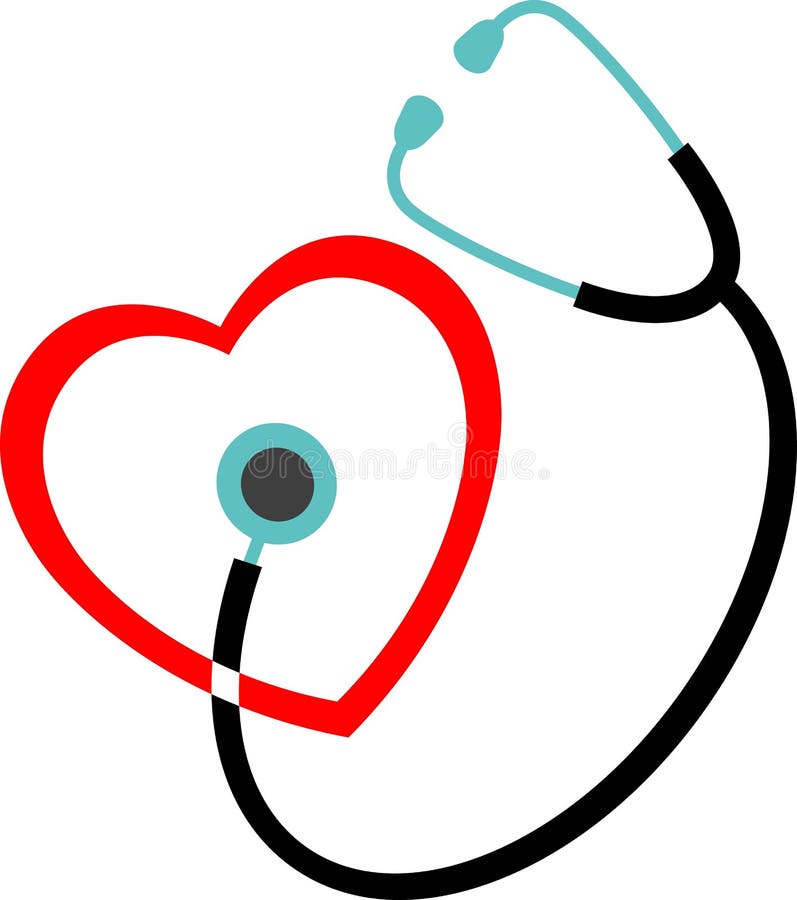How Dr Garcia, MD supports long-term heart wellness with expert care
How Dr Garcia, MD supports long-term heart wellness with expert care
Blog Article
Comprehending the Significance of Cardiology in Modern Healthcare Services
Cardiology plays an essential role in contemporary healthcare, especially as cardiovascular disease remains to be the leading source of mortality worldwide. Advancements in diagnostics and therapy have actually changed patient care, allowing earlier treatments and improved end results. The change in the direction of preventive cardiology empowers people to manage their health proactively. As technology remains to develop, the integration of cutting-edge remedies may further redefine cardiology's influence on public health and wellness, triggering a closer evaluation of emerging fads and their implications.
The Frequency of Heart Condition and Its Influence on Public Wellness
Heart disease continues to be the leading reason of fatality globally, its influence prolongs much past specific clients to impact public wellness systems and economic climates. The high occurrence of heart disease places a considerable pressure on healthcare sources, requiring boosted financing for recovery, avoidance, and therapy programs. Public health and wellness campaigns have to address threat aspects such as obesity, smoking cigarettes, and sedentary way of livings, which contribute significantly to the increasing incidence of heart conditions.Moreover, the economic problem related to heart problem is immense, including not only direct clinical costs however likewise indirect costs related to lost performance and premature mortality. Areas deal with obstacles in taking care of these prices, commonly resulting in disparities in health care gain access to and outcomes. As the populace ages and lifestyle-related dangers remain to escalate, the urgency for efficient cardiology interventions becomes critical. As a result, attending to cardiovascular disease is not just an issue of individual health and wellness yet likewise a vital public wellness concern.
Advancements in Heart Diagnostics and Imaging Techniques
Recent developments in cardiac diagnostics and imaging methods have actually transformed the area of cardiology, improving the ability to monitor and detect cardiovascular disease. Methods such as heart MRI, CT angiography, and echocardiography have ended up being significantly sophisticated, giving in-depth photos of heart frameworks and functions. These techniques enable the very early identification of problems like coronary artery illness, heart failure, and valvular disorders.Moreover, innovations in non-invasive diagnostics, such as wearable technology and remote tracking devices, have actually equipped individuals and doctor. These tools help with real-time monitoring of heart rhythms and other vital signs, causing timely treatments. Furthermore, artificial intelligence is being integrated right into imaging evaluation, improving precision and effectiveness in medical diagnosis.
Advancements in Treatment Options for Heart Conditions
Current advancements in cardiology have actually caused considerable technologies in therapy choices for heart disease. These include innovative surgical techniques that improve procedural results and arising medicines that offer brand-new methods for therapy. As the field progresses, these technologies play an essential role in enhancing individual care and results.
Advanced Surgical Techniques
Innovations in surgical strategies have transformed the landscape of cardiology, offering new wish for patients with heart problems. Minimally invasive treatments, such as catheter-based interventions, have actually significantly lowered recuperation times and hospital stays. Strategies like robotic-assisted surgical treatment boost accuracy, allowing surgeons to browse complicated physiological structures with better precision. Innovations in imaging technology facilitate real-time visualization throughout treatments, enhancing end results. Transcatheter aortic shutoff substitute (TAVR) exemplifies an advancement in treating aortic stenosis, allowing shutoff substitute without open-heart surgical procedure. Furthermore, hybrid techniques that integrate medical and catheter-based methods provide tailored solutions for various heart issues. These advanced medical methods not just improve individual safety and security however also increase therapy choices, underscoring the crucial duty of development in modern cardiology practices.
Arising Treatments and medicines
As the landscape of cardiology remains to advance, arising therapies and medicines play a pivotal role in boosting treatment choices for heart problems. Advancements such as unique anticoagulants and progressed lipid-lowering representatives have changed the administration of cardio diseases, significantly decreasing patient morbidity and death. Additionally, the growth of gene treatments and regenerative medicine uses appealing methods for dealing with conditions formerly deemed permanent. Scientific trials are continually disclosing the efficiency of these treatments, pressing the boundaries of standard therapies. The combination of electronic wellness modern technologies facilitates individualized medicine, allowing for tailored treatment strategies based on hereditary and way of living factors. Jointly, these improvements underscore the vibrant nature of cardiology, boosting client results and redefining criteria of treatment in modern health care.
The Role of Preventive Cardiology in Client Treatment
Preventive cardiology plays a necessary function in individual treatment by focusing on the identification of danger elements that contribute to heart problem. Through lifestyle modification techniques and early detection strategies, doctor can properly decrease the incidence of cardiovascular events - Cardiologist near me. This positive technique not just boosts person end results however additionally promotes long-term health and wellness
Risk Factor Identification
While heart diseases stay a leading cause of morbidity and death worldwide, efficient threat variable recognition functions as a foundation of precautionary cardiology. Recognizing threat aspects such as high blood pressure, diabetic issues, hyperlipidemia, and family members history is important for very early intervention. Healthcare experts utilize different evaluating techniques to evaluate these factors, enabling customized safety nets. Additionally, comprehending a person's lifestyle options, such as smoking and physical inactivity, further informs risk evaluations. This comprehensive evaluation makes it possible for medical professionals to establish tailored care plans targeted read this at mitigating threats. By focusing on danger factor identification, medical care systems can boost person end results and minimize the general burden of cardio diseases, ultimately adding to enhanced public health strategies and source allotment.
Way Of Living Alteration Strategies
A wide range of researches highlights the essential role of way of life alteration techniques in minimizing cardio disease danger. These strategies encompass dietary adjustments, boosted physical task, smoking cigarettes cessation, and weight monitoring. By embracing a heart-healthy diet plan abundant in fruits, vegetables, whole grains, and lean proteins, people can decrease cholesterol degrees and high blood pressure. Regular physical activity strengthens the heart and enhances overall cardiovascular health. In addition, giving up smoking cigarettes significantly decreases the threat of heart problem and enhances recuperation prices for those with current problems. Weight management better adds to cardiovascular health by minimizing various other threat variables such as diabetes mellitus and high blood pressure. Applying these way of life changes not only promotes private health but also offers as a keystone of precautionary cardiology in patient treatment.
Very Early Discovery Methods
Way of living adjustments significantly add to minimizing cardio disease risks, however they are most reliable when coupled with early discovery methods. Preventative cardiology emphasizes the relevance of determining possible heart problems prior to they intensify into significant problems. Techniques such as high blood pressure surveillance, cholesterol testing, and advanced imaging technologies like echocardiograms play vital duties in reviewing cardio health and wellness. Biomarkers and hereditary testing also improve the precision of early discovery, enabling tailored precautionary techniques. Regular cardiac threat examinations encourage doctor to intervene proactively, potentially protecting against cardiac arrest and strokes (Cardiology Jupiter). By incorporating these early discovery methods into regular treatment, patients can benefit from prompt lifestyle interventions and targeted treatments, inevitably improving and boosting results quality of life
Integrating Technology Into Cardiology Practices
As advancements in technology remain to reshape different areas, the assimilation of innovative devices and systems into cardiology practices has become important for boosting client care and outcomes. Telemedicine systems allow cardiologists to monitor patients remotely, boosting access to care while minimizing the concern on medical care centers. Wearable devices, such as smartwatches, make it possible for constant heart rate tracking, notifying both doctors and people to possible issues in real-time. In addition, expert system (AI) is being utilized to examine huge quantities of heart information, assisting in very early medical diagnosis and customized treatment strategies. Advanced imaging strategies, including 3D echocardiography, improve visualization of heart structures, leading to extra specific interventions. Electronic health records (EHRs) streamline individual information monitoring, guaranteeing that cardiologists have instant access to crucial data. With each other, these technical innovations are changing cardiology, promoting positive monitoring and boosted health results for people with cardio problems.
The Significance of Client Education and Involvement
Client education and engagement play a crucial duty in the administration of cardiovascular wellness. By equipping clients with knowledge concerning their problems, therapy Resources options, and lifestyle modifications, doctor equip people to take an energetic role in their care. This positive approach can result in improved adherence to suggested drugs, nutritional adjustments, and exercise routines, inevitably lowering the risk of complications.Engagement additionally cultivates a strong patient-provider partnership, encouraging open communication and count on. When clients feel educated and entailed, they are most likely to voice issues and ask inquiries, which can result in much better scientific results. In addition, educational resources, such as workshops or electronic systems, can enhance understanding and promote self-management approaches. On the whole, prioritizing individual education and involvement is necessary for enhancing cardio health and wellness, enhancing top quality of life, and reducing medical care prices connected with cardiovascular diseases.
Future Fads in Cardiology and Their Potential Influence

Regularly Asked Inquiries
What Way Of Living Modifications Can Reduce Heart Condition Danger?
The current concern addresses way of living changes that can significantly minimize heart disease risk. Cardiology Jupiter. Taking on a balanced diet regimen, participating in regular exercise, keeping a healthy and balanced weight, handling stress and anxiety, and preventing cigarette can especially improve cardio wellness
How Can I Identify Very Early Signs of Heart Problems?
Identifying very early indicators of heart issues entails monitoring signs and symptoms such as breast discomfort, lack of breath, tiredness, and uneven heartbeat. Prompt awareness of these signs can trigger needed clinical evaluation and treatment for much better end results.
What Are the Differences In Between Cardiologists and Heart Surgeons?
The differences in between cardiologists and cardiac cosmetic surgeons lie in their duties; cardiologists mainly identify and manage heart disease through non-invasive techniques, while cardiac specialists perform procedures to remedy click architectural heart issues. Each plays an important, unique role.

How Commonly Should I Obtain My Heart Health And Wellness Checked?
The frequency of heart checkup differs based on individual threat factors. Generally, grownups need to undergo assessments each to two years, while those with existing conditions may call for even more constant analyses as suggested by healthcare professionals.
What Function Does Genes Play in Cardiovascular Disease Risk?
Genetics substantially influences heart problem threat, with domestic patterns suggesting acquired conditions. Certain genes can incline people to high blood pressure, cholesterol problems, and various other cardio problems, highlighting the value of hereditary screening in assessing heart wellness. Heart illness stays the leading reason of fatality around the world, its influence expands much past individual patients to affect public wellness systems and economic situations. Public health initiatives should deal with threat variables such as obesity, smoking cigarettes, and less active lifestyles, which contribute greatly to the rising incidence of heart conditions.Moreover, the financial burden linked with heart disease is tremendous, including not only direct clinical costs however likewise indirect expenditures associated to lost efficiency and early mortality. Precautionary cardiology plays an important function in person care by concentrating on the identification of risk factors that contribute to heart illness. Synthetic intelligence (AI) and equipment discovering are improving diagnostics and patient monitoring, making it possible for very early detection of heart diseases. The differences in between cardiologists and heart doctors exist in their functions; cardiologists primarily detect and manage heart conditions with non-invasive methods, while cardiac surgeons do medical procedures to fix structural heart concerns.
Report this page